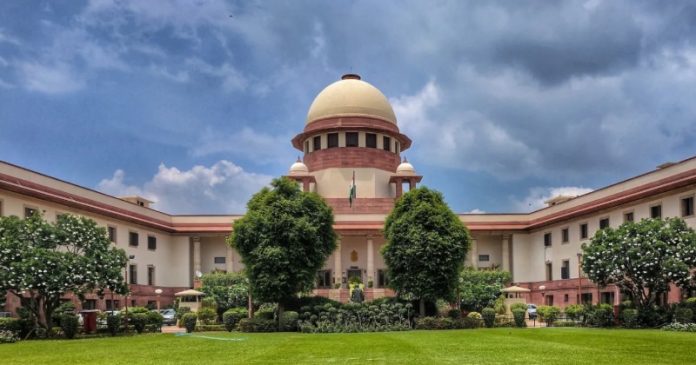Supreme Court Seeks Clarity Over Muslim Right to Make Unrestricted Wills
New Delhi: The Supreme Court of India today issued notice to the Union Government on a petition challenging the longstanding restriction under Muslim personal law that limits a Muslim’s testamentary freedom to only one-third of their estate unless legal heirs consent. The plea, brought by a lawyer practicing in Abu Dhabi, seeks to declare that Muslims should have the unequivocal right to make Wills (Wasiyat) in accordance with the Quran, without being constrained by human-imposed limits.
The petitioner argues that the exclusion of Muslims from the secular Indian Succession Act, combined with the uncodified restriction on bequeathing more than one-third of an estate, violates several fundamental rights guaranteed by the Constitution: equality (Article 14), freedom of religion (Article 25), right to life and personal liberty (Article 21), and the right to property (Article 300A). It is contended that in Islam, making a Will is an essential religious obligation and cannot be curtailed by extraneous restrictions.
The petition emphasizes that the “one-third rule” is rooted in a contextual hadith advising a companion, and lacks universal applicability. It calls this limitation both legally and theologically unsound. Further, the petitioner cites inequitable outcomes under current law — for example, a father wishing to treat his children equally cannot do so in a will without approval from all heirs.
A Bench led by Justices P. S. Narasimha and Atul S. Chandurkar has tagged this petition alongside a similar case and will now consider whether this restriction remains compatible with constitutional guarantees.




